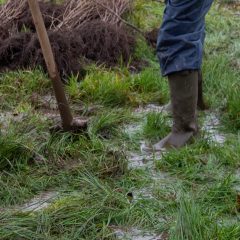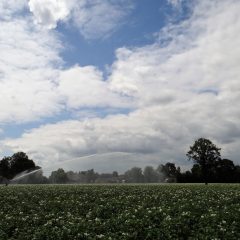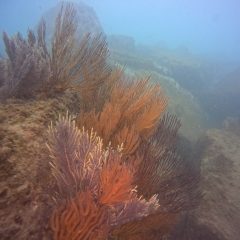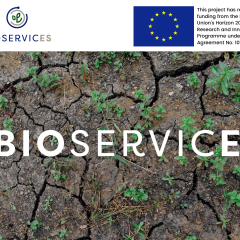Research project Genetic tool for Ecosystem health Assessment in the North Sea region
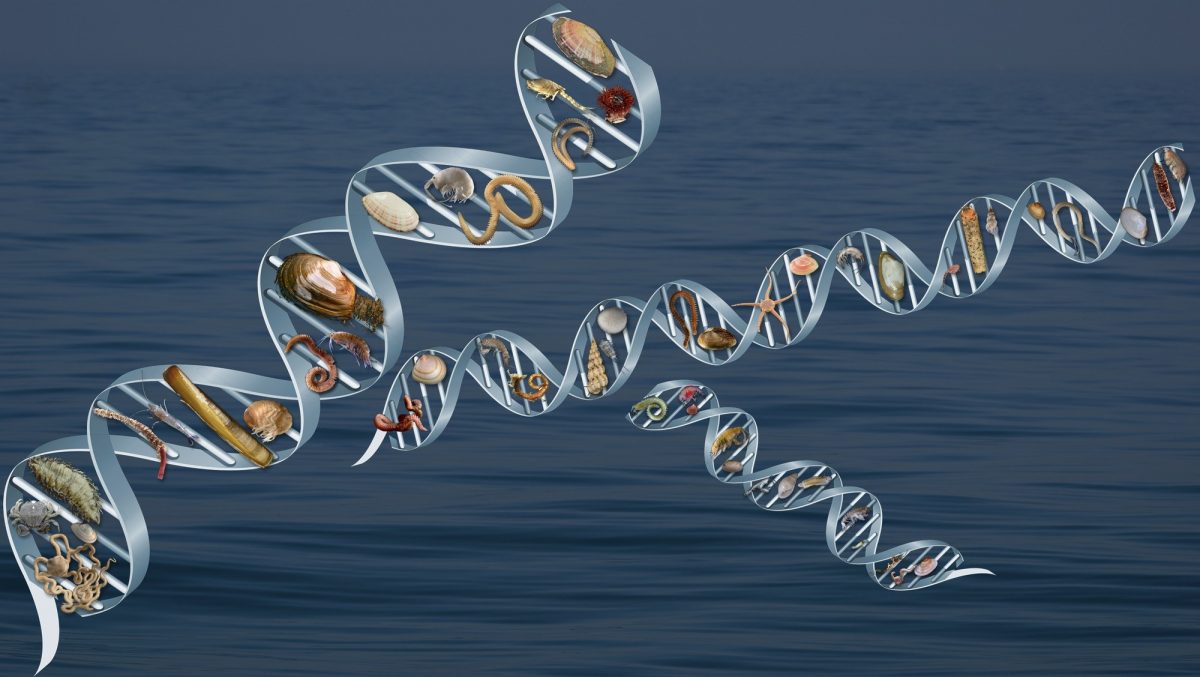
General introduction
Sustainable use and management of marine resources is key for good ecosystem health. Monitoring for ecosystem health assessments is currently based on morphological species identification, which is time-consuming, labor-intensive and skills reliant. DNA-based tools promise cheaper, faster and more accurate methods for environmental monitoring. Yet, several obstacles impede effective implementation and application of DNA-based monitoring in a standard, harmonized way on a wider North Sea scale. The GEANS partners, therefore, worked together to overcome these obstacles by 1) creating an open, and reliable DNA sequence reference library, 2) producing Standard Operating Procedures (SOPs), 3) executing pilot studies that demonstrate proof-of-concept for application in environmental monitoring, and 4) developing a decision support tool available to a variety of end-users.
Research approach
A reliable, curated open DNA sequence library for North Sea macrobenthos is created. The species included in the library are based on species occurring in the pilot study areas. Four broad-scale pilots (hard-bottom, soft-bottom, Non-Indigenous Species (NIS) and environmentalDNA) are conducted in close cooperation with national or regional stakeholders and/or in alignment with existing environmental monitoring and wider networks to demonstrate the added value of DNA-based approaches in environmental health management. Application of the DNA-based methods in the pilots, together with performing a transnational ring test, will further optimise the tools and result in validated tools and a number of standardized protocols.
Relevance/Valorization
GEANS produced the first, open-access benthic DNA library for the North Sea covering 712 species. The sequences are validated across countries and are backed up by an actual specimen allowing to connect DNA sequences and existing taxonomy (species names), ensuring the link with traditional monitoring. The pilot studies proved that DNA-based methods were on average 66% faster and 40% cheaper than the traditional ones. But more importantly, they consistently detected more species, could increase accuracy of species detection and were able to detect similar ecological species patterns compared to traditional monitoring. All pilots have been wrapped up in pilot reports providing clear recommendations and conclusions. Furthermore, several protocols for application of DNA-based methods are now available as well. An online interactive decision support tool summarizes all outputs with the aim to facilitate end-users/stakeholders in finding the best suited DNA-based methodology for their specific monitoring goal.
The different activities (pilots, protocols, reference library) resulted in effective implementation of DNA-based methods for certain aspects of ecosystem health assessment by several public authorities, often combined with traditional methods. This contributes to an improved environmental health assessment for the North Sea.
Financing
Interreg VI North Sea
Collectief 'Eigen Inbreng'

